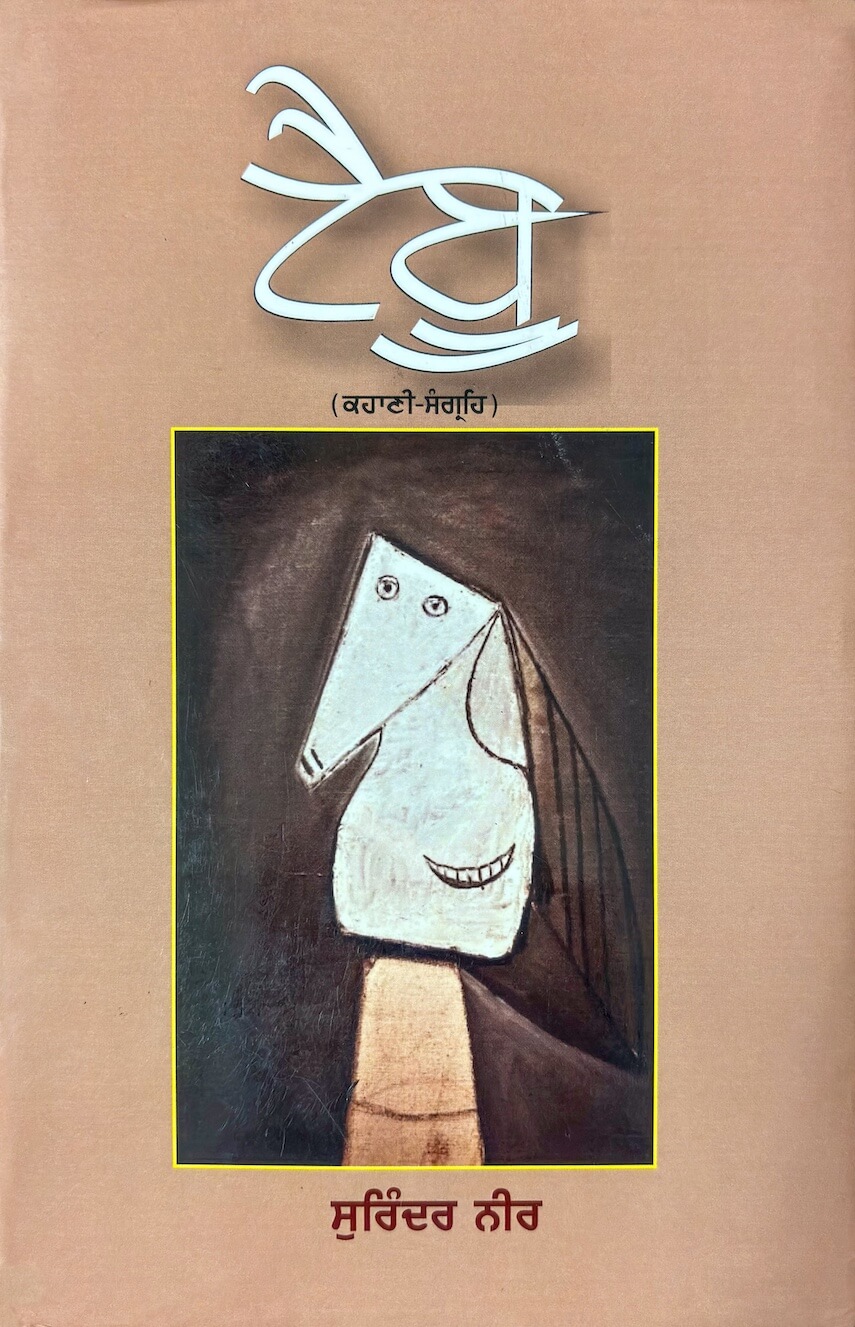
- Publisher: Sapatrishi Publication

The short stories in ‘Taboo’ explore, dig and expose a broad range of ancient sensibilities and attitudes. They are rich in psychological insights. Neer’s narrative examines everyday lives in realistic and philosophical ways. Most of the stories give voice to feminine perspectives. Male figures are narrowly presented as shallow exploiters of situations, and especially of women. Some of the stories reveal the physical and mental conditions of Kashmiri Pandits, as well as others who sought refuge in Punjab.
The title story, ‘Taboo‘ is about a mother-daughter relationship in a rapidly changing society. Traditional relationships are abandoned. There is both shock and sympathy in its development. The mother is sensitive to her daughter’s live-in relationship with a man. “[The] live-in relationship was not considered rebellious, but as an emotional need. She herself knew the pain of loneliness” (p. 26). “I can’t surrender my freedom to anyone, Mom… Relationships are no longer a taboo, mother!” (p. 27). One day, the daughter gets angry after reading the message, “My dear” on her mother’s phone. The mother says to her daughter, “Why did you take my phone?…I also don’t want to surrender my freedom to anyone.” The narrator shows that even after living with her boyfriend, the daughter is shocked and angry with her mother for having her own romantic relationship. The story thus indicates that taboos still haunt us and drive our behaviours.
Neer’s stories, ‘Miti,’ ‘Anarkali,’ and ‘Nadion Vichhade Neer‘ are set in Kashmir. They draw attention to the beauty of the land, its culture and its challenging, political realities.
“The language of the stories is symbolic, with interesting conversational tones.”
-Gurmukhi Jury
“The writer’s insight lends richness to the range of themes and characters. These stories are transformational with profound psychological depth.”
-Central Jury
